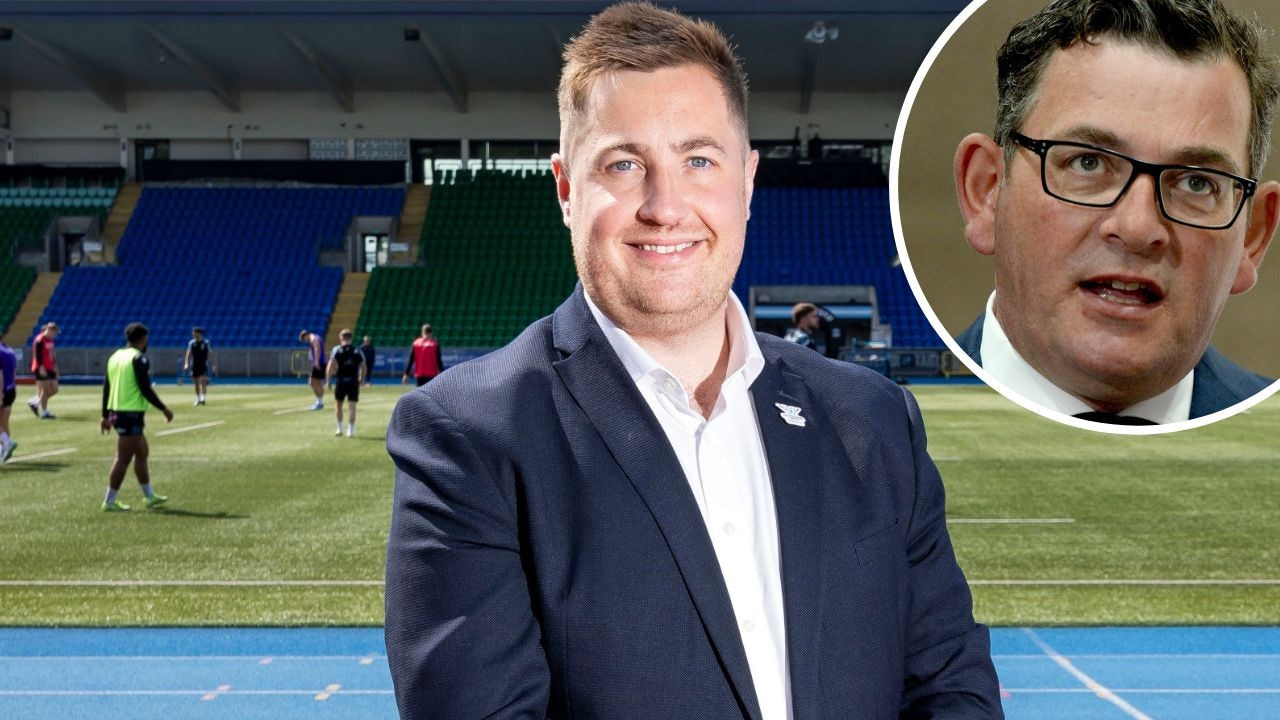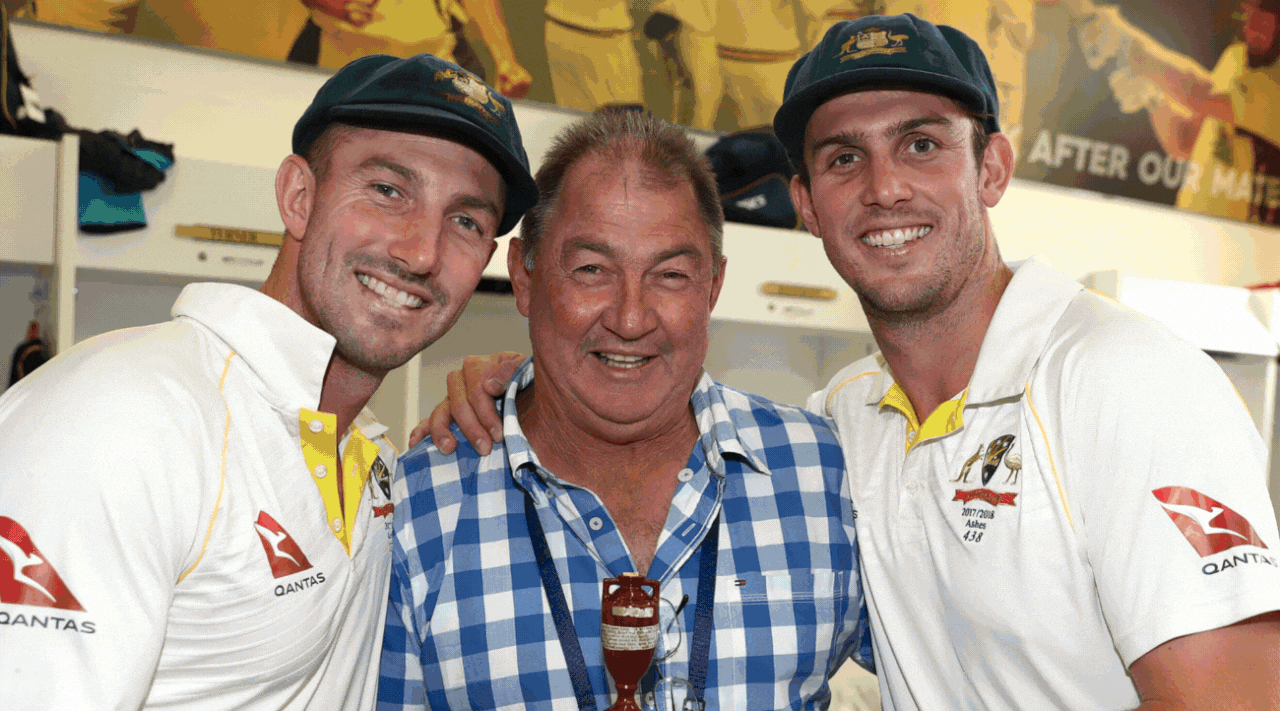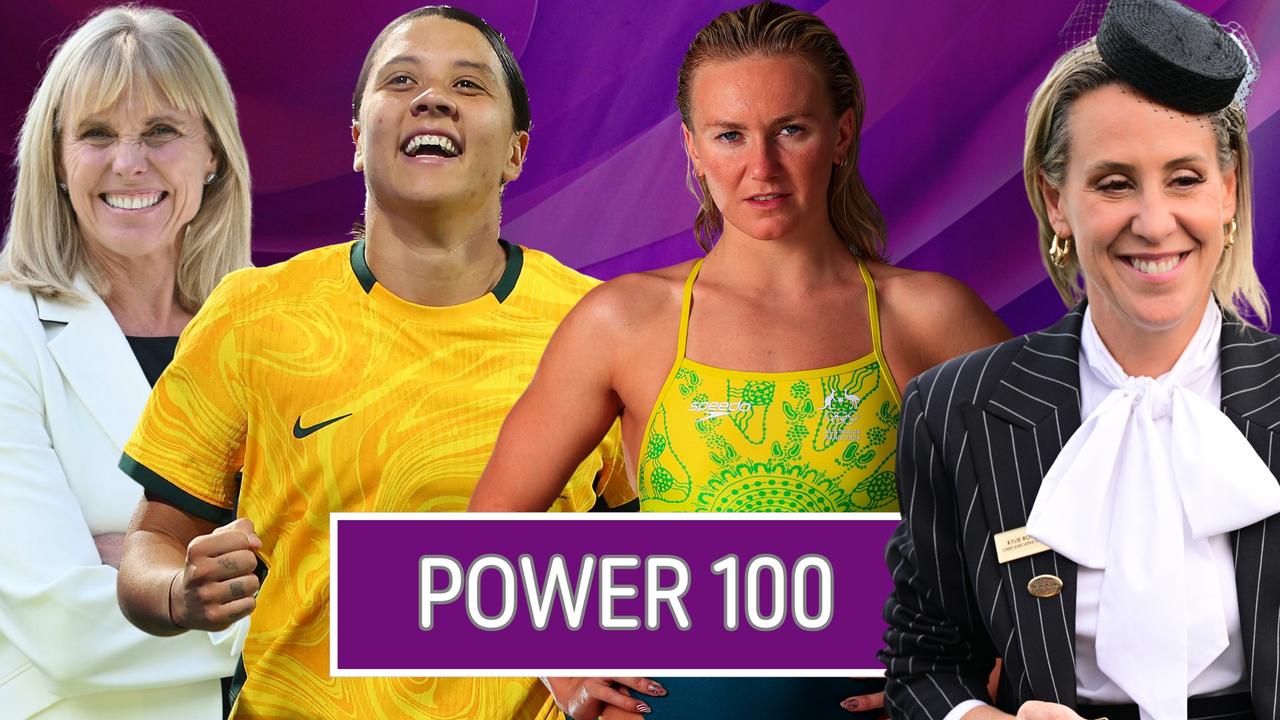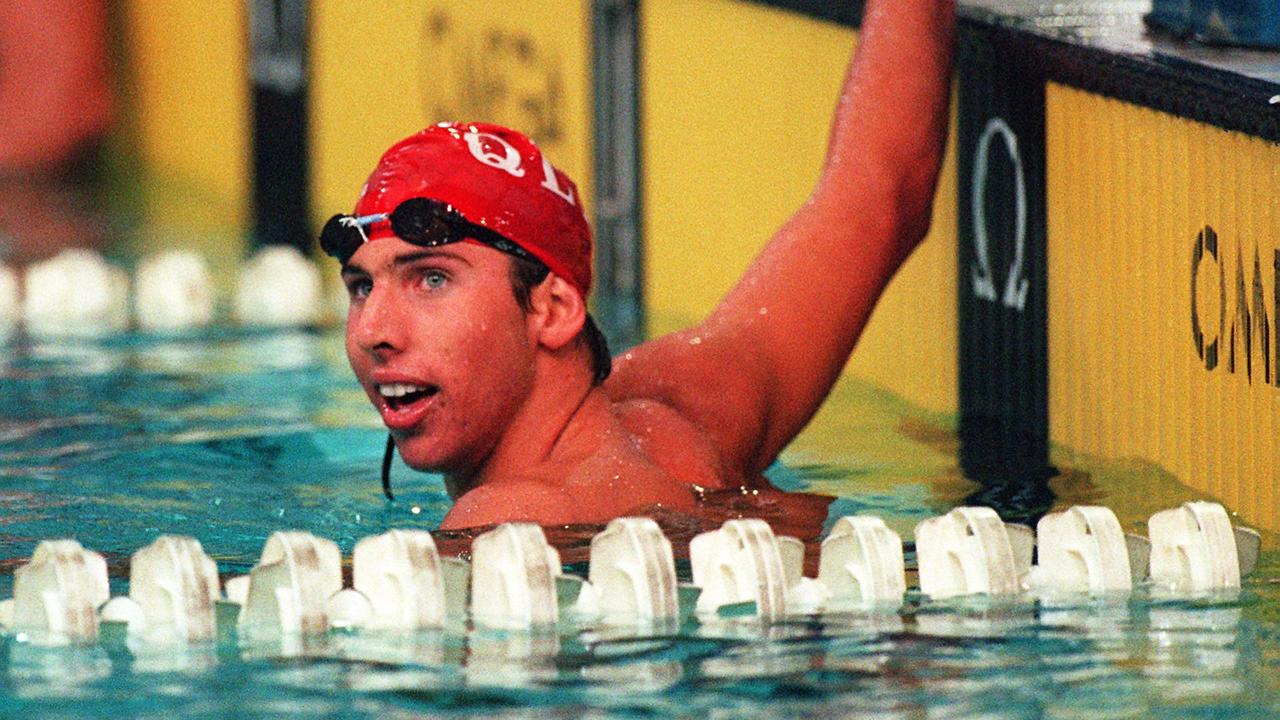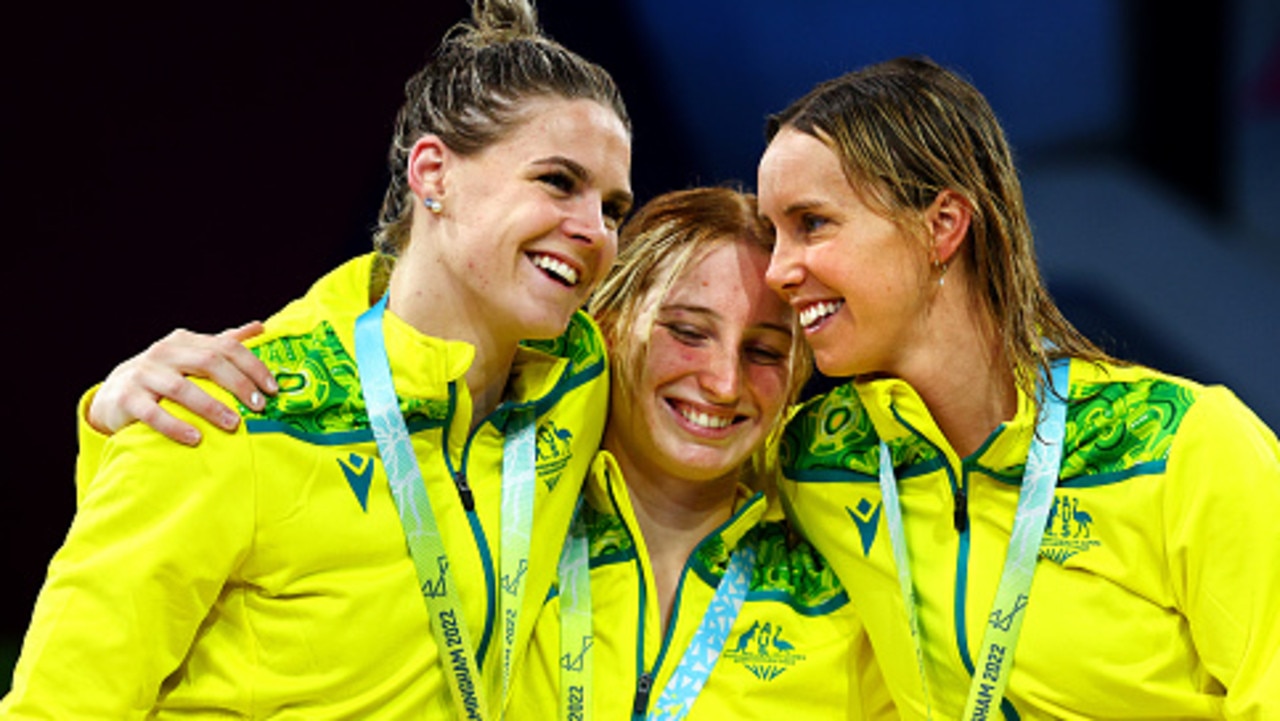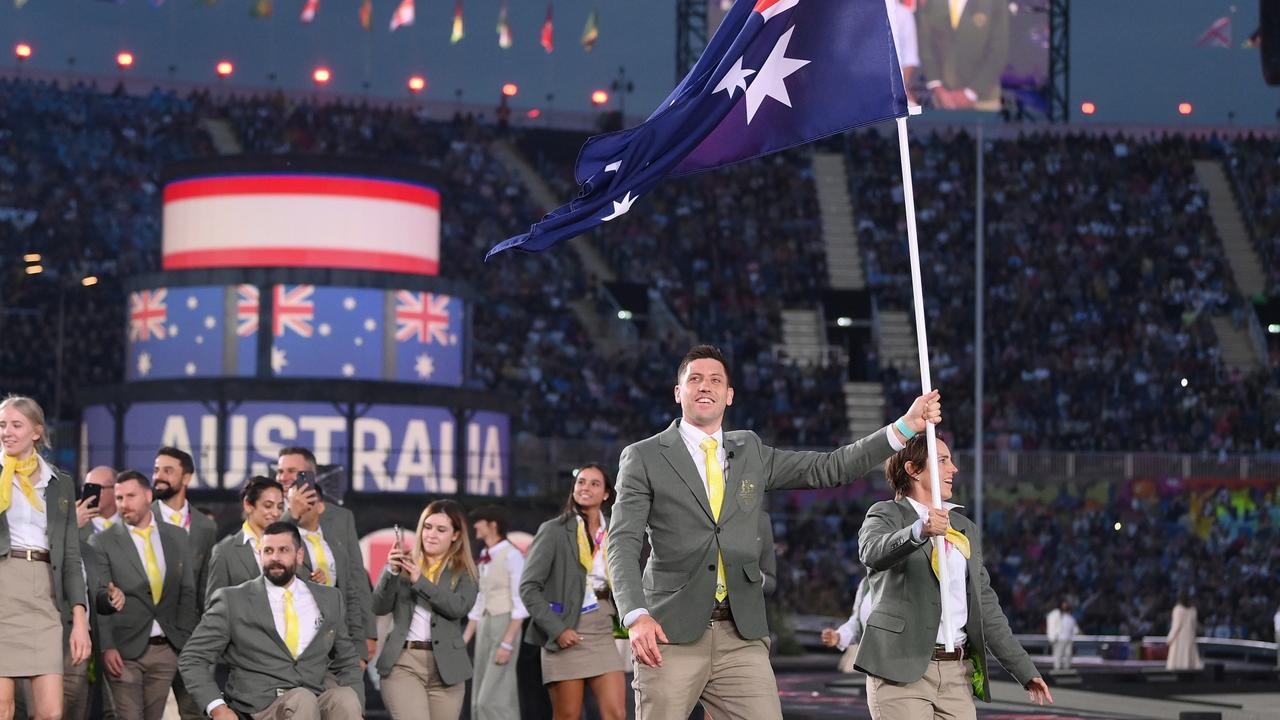Formal expression of interest to be called for future Comm Games after ‘reset’ model shows blueprint for future
The Glasgow Commonwealth Games will feature just 10 sports but officials expect that to rebound in the future as the slimmed-down model revives interest in the event.
Comm Games
Don't miss out on the headlines from Comm Games. Followed categories will be added to My News.
Never waste a crisis.
Commonwealth Games leaders believe a slimmed-down Glasgow model can reset the event and help future-proof the Games.
Calls will soon be put out for hosts for the 2030 and 2034 editions of the Games, which Commonwealth Games Federation (CGF) president Chris Jenkins expects will bounce back to include 15-17 sports, significantly up on the 10 that will be held in 2026.
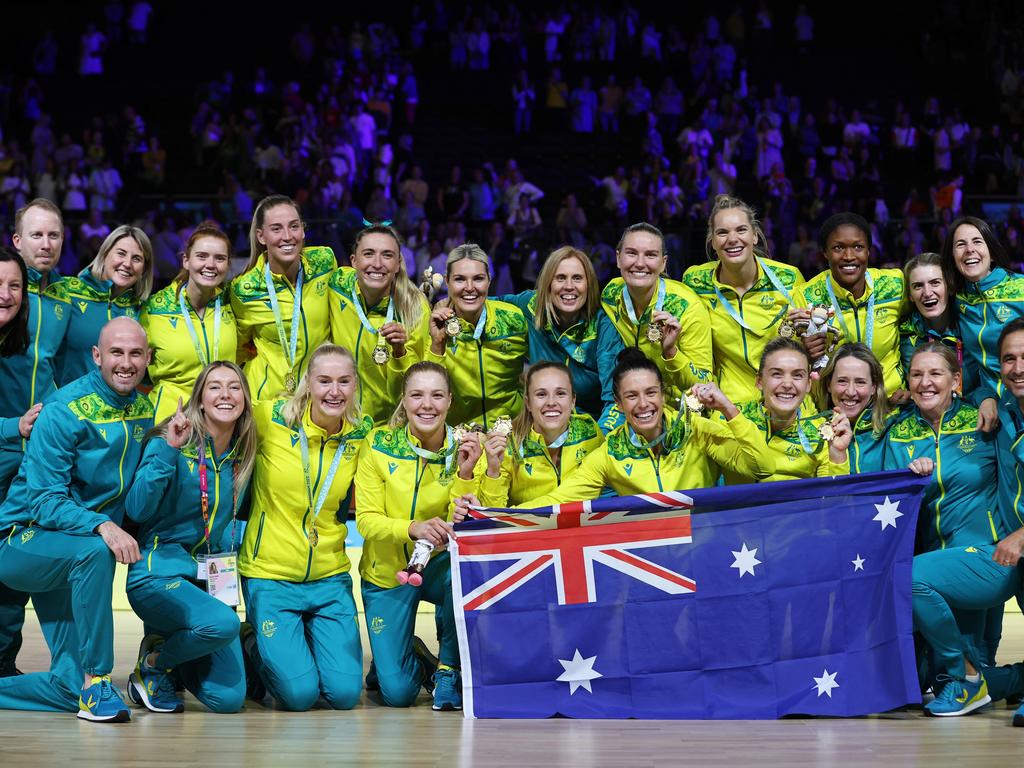
Glasgow has formally been announced as the 2026 host after stepping in to rescue the event following the Victorian Government’s “shock” decision to renege on its agreement to host.
“We had some very serious discussions when we were out of Paris at the Olympics,” Jenkins said of future hosts.
“We met with a lot of sports ministers there, both at the Commonwealth Sports Minister (meeting) and we’ve had a lot of one-on-ones and those have carried on.
“The numbers of people who are interested - not always in (20)30 sometimes for (20)34 and beyond - in being part of the pipeline has increased, so we’re going to follow up on all those discussions in the next few months because they will go out for a formal expression of interest and then we can start a dialogue.”
The Victorian Government’s decision put it off-side with Commonwealth Games officials in this country but Jenkins said it would not affect Australia’s ability to hold the Games again.
“We move on, these things happen,” Jenkins said.
“Yes, it was really unfortunate as it came as a huge shock … but no, it doesn’t affect Australia or anybody else’s chances in the future, we certainly want to work really closely with Australia in lots of areas.
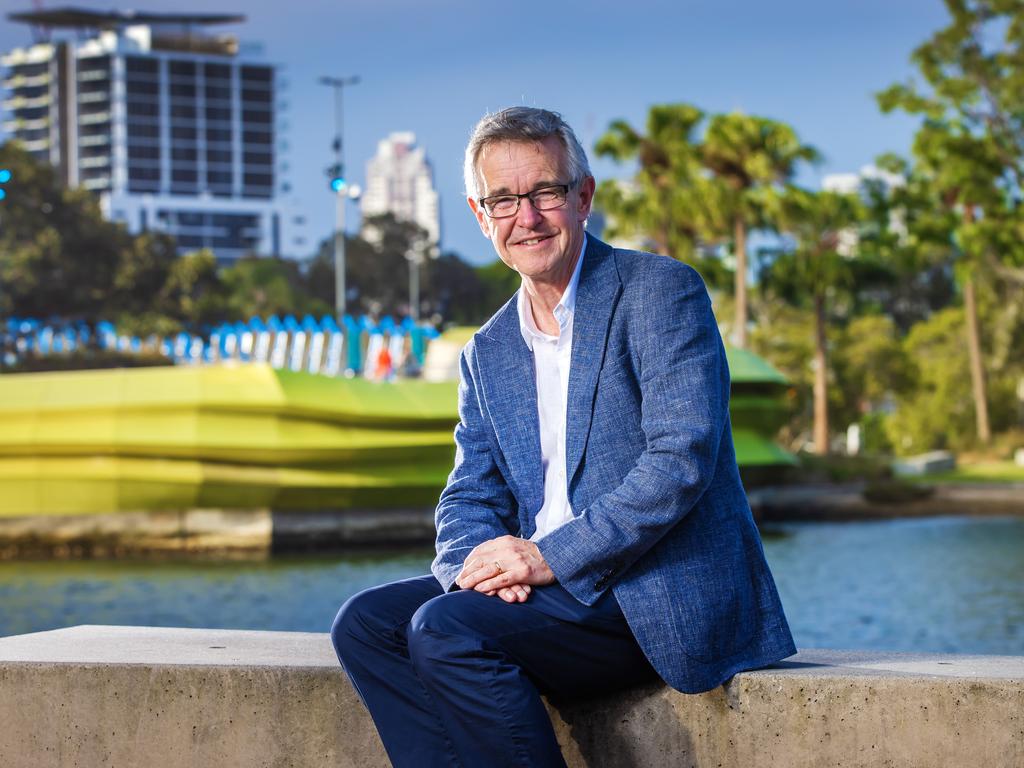
“What it has done is allow us to reset the Commonwealth Games to look at what we do and how we stage a Games - and we’ve had that discussion with our members, with governments, with other stakeholders.
“We’ll see a 10 sport program in Glasgow but come 2030, we’ll be back up to 15-17 sports.
“By using existing facilities and accommodation, you can take a significant amount of the cost down - maybe 60 per cent - and it allows us then to take the Games to other parts of the Commonwealth.
“We’re encouraging an element of co-hosting. Several countries can host on their own but they might want to take it outside one city - in a sense Victoria was doing that - or a couple of countries might want to get together, so we’ll be having some really interesting conversations.
“You have a crisis and you use it to make the changes that are necessary and it’s really working.”
Jenkins, on the Gold Coast this week for a series of meetings, pointed to the legacy-building ability of the Games, which were held in the Queensland city in 2018.
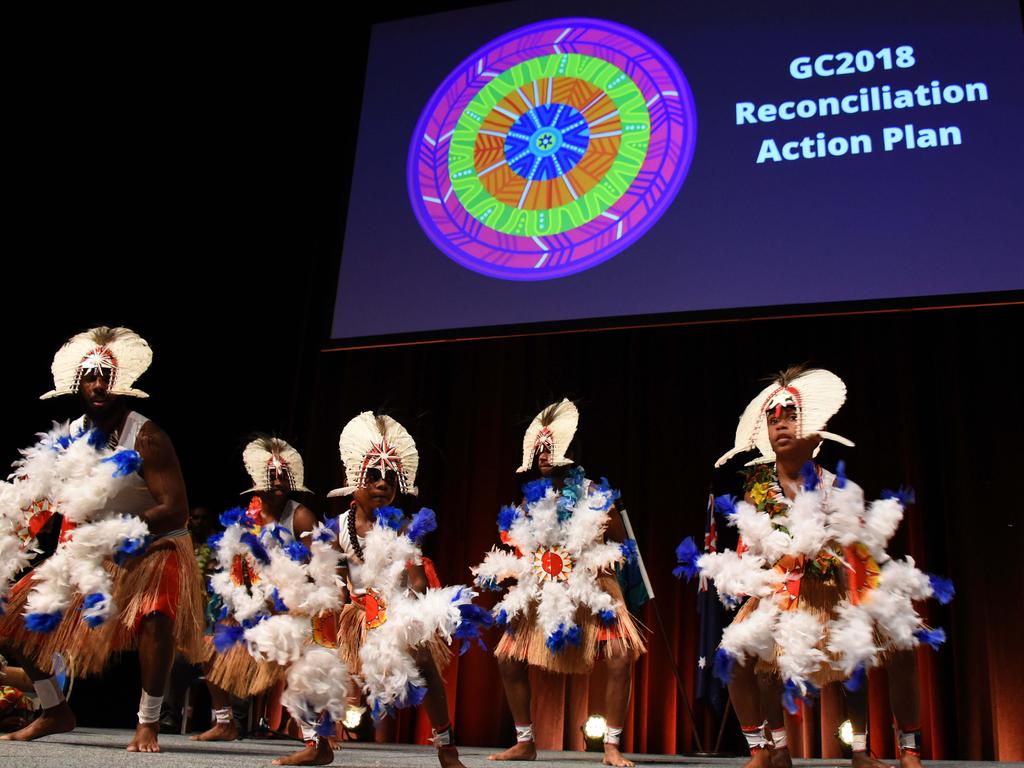
As well as physical infrastructure - something that has allowed Glasgow to step up to host in 2026 given the high performance sporting facilities built for the 2014 event there - Jenkins said the Games could have enduring legacy benefits.
On the Gold Coast, that was manifested in a Commonwealth Games Reconciliation Action Plan (RAP), which evolved to become the Commonwealth Sport Declaration on Reconciliation and Partnership with Indigenous Peoples, approved at the CGF’s general assembly last year.
Another legacy engagement was the GAPS Program (Gather, Adjust Prepare, Sustain) developed in conjunction with Griffith University designed to inspire athletes from less developed nations to attain their sporting potential.
It has now been adopted across the Commonwealth with a particular focus on para-athlete development, something that remains crucial to the movement, with Jenkins reaffirming the CGF’s plan is to fully integrate para-sport in future Games.
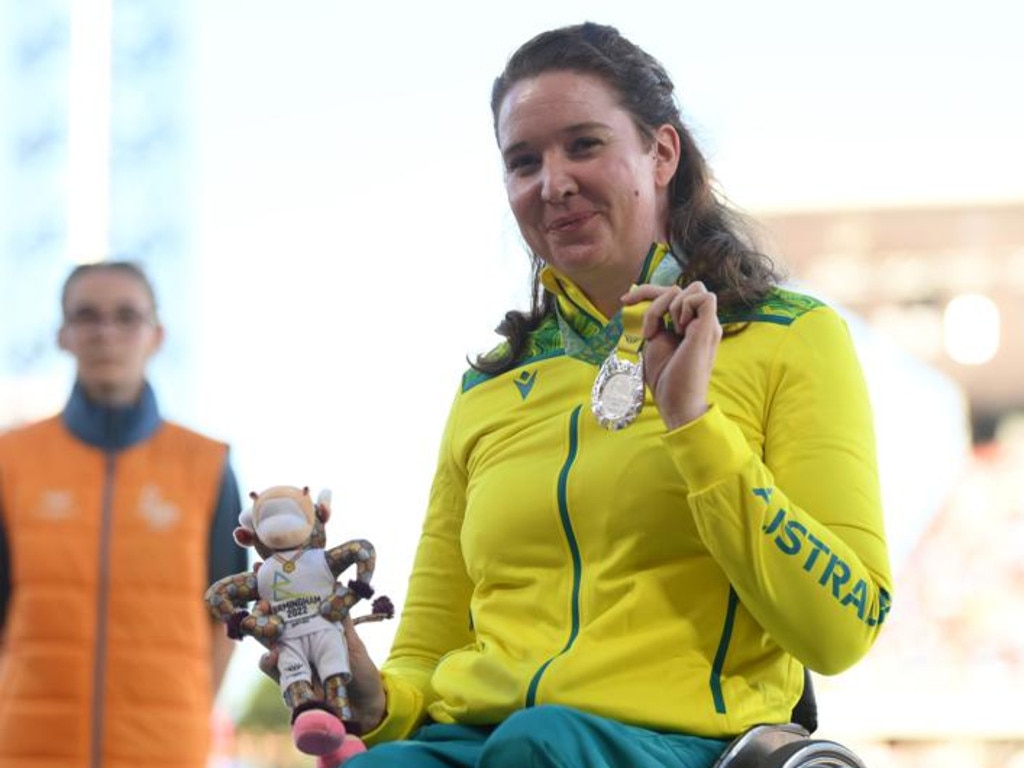
“To have an integrated sport program says everything about us as a movement, says everything I think about the Commonwealth too,” Jenkins said.
“To include para athletes alongside able bodied athletes competing in front of the same crowd with the same coaches is fundamentally important to what we believe in.
“Looking to the rest of the Commonwealth, it highlights and hopefully starts to address a massive problem in that every child’s got the human right to sport but disabled children can’t (always) access sport, they’re denied this in so many countries.”
More Coverage
Originally published as Formal expression of interest to be called for future Comm Games after ‘reset’ model shows blueprint for future



